
The AIgorythm project

Playwright and actor
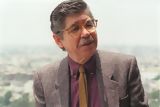
Novelist

Writer and poet

Volleyball player

Italian-Peruvian naturalist and geographer

Singer and percussionist

Last Inca emperor

Politician, former prime Minister

Journalist and TV host
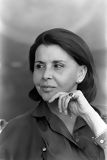
Poet

Inca warrior
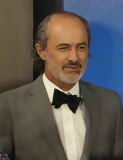
Actor and comedian

Biophysicist

Poet

Doctor and researcher
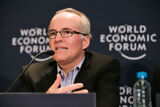
Businessman, Interbank group

Journalist and writer
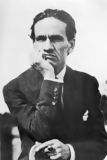
Poet and writer

Singer and songwriter
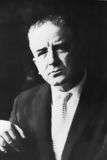
Writer

Film director, Berlin Golden Bear winner

Football player

Writer and journalist
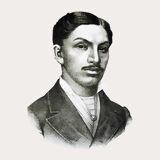
Doctor and scientist

Photograph

Chess player

Industrialist
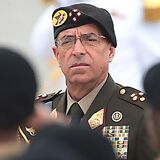
Former general

Specialist in public health

Actress and singer

Afro-Peruvian music singer

Mathematician and engineer

Indigenous chronicler

Neurologist and anthropologist

Painter

Football player
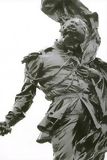
National hero, military leader

Intellectual and reformer

Chef and entrepreneur

Fashion designer

Singer-songwriter

TV presenter

Marathon runner

Indigenous Peruvian chronicler

Theologian

Former national team captain

Economist and former health minister

Inca princess

Writer and television host

Folk musician

Poet and guerrilla
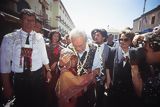
Former UN secretary-general

Chef, known for fusion cuisine

Football player

Peruvian aviation pioneer

Poet and artist
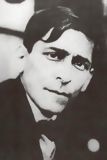
Marxist philosopher and writer

Industrialist and businessman
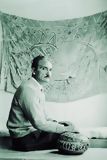
Novelist and ethnologist

Painter and muralist

Opera tenor

Fashion designer

Cardinal of Lima

Peruvian tennis player

Football coach

Leader of the indigenous rebellion
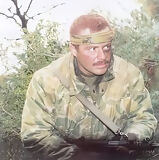
Military hero

Latin singer
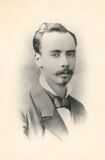
War of the Pacific hero

The youngest mother in history

Politician
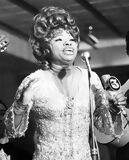
Creole music singer

Tennis player
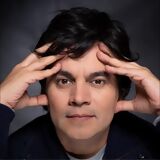
Musician

Writer and politician

Politician and founder of the Christian Democratic Party

Founder of Sodalitium Christianae Vitae

Archaeologist and anthropologist
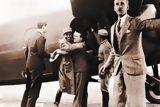
Military leader and politician

Television host
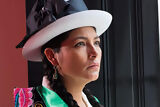
Actress and singer
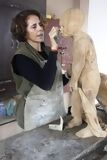
Contemporary sculptor

Women’s rights activist

Beauty queen

Astrophysicist

Heroine of independence

Mathematician and archaeologist

Historian and anthropologist
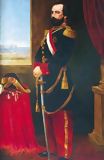
Military figure and historical figure

Fashion photographer
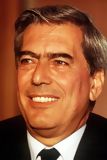
Writer, Nobel Prize in Literature, Politician

Revolutionary leader
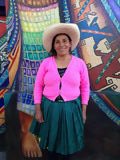
Environmental activist

Leader of the indigenous rebellion
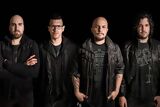
Musician from Gaia band
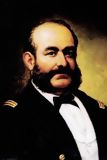
War hero
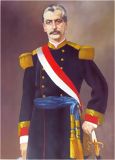
Military leader and politician

Chef, known for Nikkei cuisine

Volleyball coach and former player

Environmental activist

Television personality

Writer
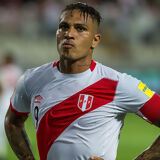
Football player

Epidemiologist and former health Minister

Inventor and aerospace pioneer

Soldier and inventor
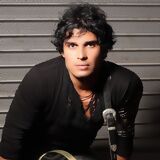
Rock singer

Chef and co-owner of Central restaurant

Painter

Football player

TV presenter and actress
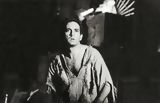
Actor
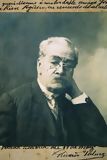
Writer and historian

Journalist and lawyer

Archaeologist, founder of Caral site
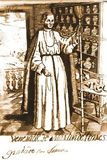
Monk and Saint
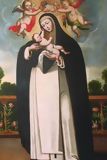
Saint, patron of Latin America

Physicist and engineer

World champion surfer

Actress

Oncologist
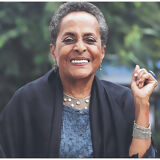
Singer, Latin Grammy winner

Former mayor of Lima

Singer

Actress

Former football player

Painter
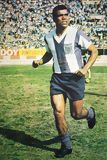
Former football player

Painter

Inca leader

Archbishop, saint
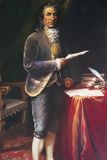
Leader of the indigenous rebellion

Revolutionary indigenous leader

Diplomat and intellectual

Sculptor and painter
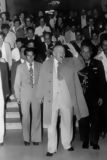
Political leader, founder of APRA

Lawyer and Former prime minister

Chef of Central restaurant
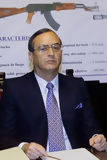
Former head of secret services

Popular singer

Fashion designer

Exotic music singer
Luis Fernando Figari was born on July 8, 1947, in Lima, Peru. He is known for founding the Sodalitium Christianae Vitae (SCV), a Catholic movement established in 1971 with the aim of promoting a Christian life centered on evangelization and community service. While Figari gained recognition within the Catholic Church for his religious and social work, his figure became controversial in recent years due to allegations of abuse and misconduct within the movement he founded.
In 1971, at the age of 24, Luis Fernando Figari founded Sodalitium Christianae Vitae in Lima, a movement within the Catholic Church aimed at training young people in the Christian faith and preparing them for apostolate work. Inspired by Marian spirituality and a commitment to evangelization, SCV quickly grew in Peru and other Latin American countries, attracting hundreds of young people. In 1997, the movement was officially recognized as a Society of Apostolic Life by the Vatican.
Under Figari’s leadership, Sodalitium Christianae Vitae expanded rapidly, establishing communities in several Latin American countries, as well as in the United States and Italy. The movement focused on evangelization, spiritual formation, and community work, with a strong emphasis on discipline and obedience. Figari became an influential figure within the Catholic Church in Peru, participating in various educational and social initiatives promoted by SCV.
Starting in the 2010s, Luis Fernando Figari and Sodalitium Christianae Vitae became embroiled in several controversies. Former members of the movement began to report psychological, physical, and sexual abuse by Figari and other SCV leaders. These allegations caused a scandal both in Peru and internationally, and in 2015, the Vatican ordered an internal investigation into the movement. As a result, Figari was removed from leadership within SCV and prohibited from any contact with the movement’s members.
In 2017, the Vatican concluded its investigation into the allegations against Luis Fernando Figari and Sodalitium Christianae Vitae. Figari was found guilty of several charges of abuse and was ordered to withdraw from public life. Despite the Vatican’s actions, criticism of SCV and the Catholic Church’s handling of the complaints continued. Figari retired to live in Italy, where he has maintained a low profile since.
Luis Fernando Figari’s legacy is deeply controversial. While some of his supporters remember him for his dedication to evangelization and for founding an influential Catholic movement, many others criticize him for the abuses committed under his leadership. Despite the downfall of his public figure, Sodalitium Christianae Vitae continues to exist as a movement within the Catholic Church, although under strict supervision by ecclesiastical authorities.
The story of Luis Fernando Figari and Sodalitium Christianae Vitae serves as an example of how an influential religious figure can move from admiration to controversy. While Figari was once a respected leader within the Catholic Church, allegations of abuse have left an indelible mark on his legacy. His case also highlights the Church’s struggles in addressing cases of abuse within its institutions and the need for greater transparency and accountability.